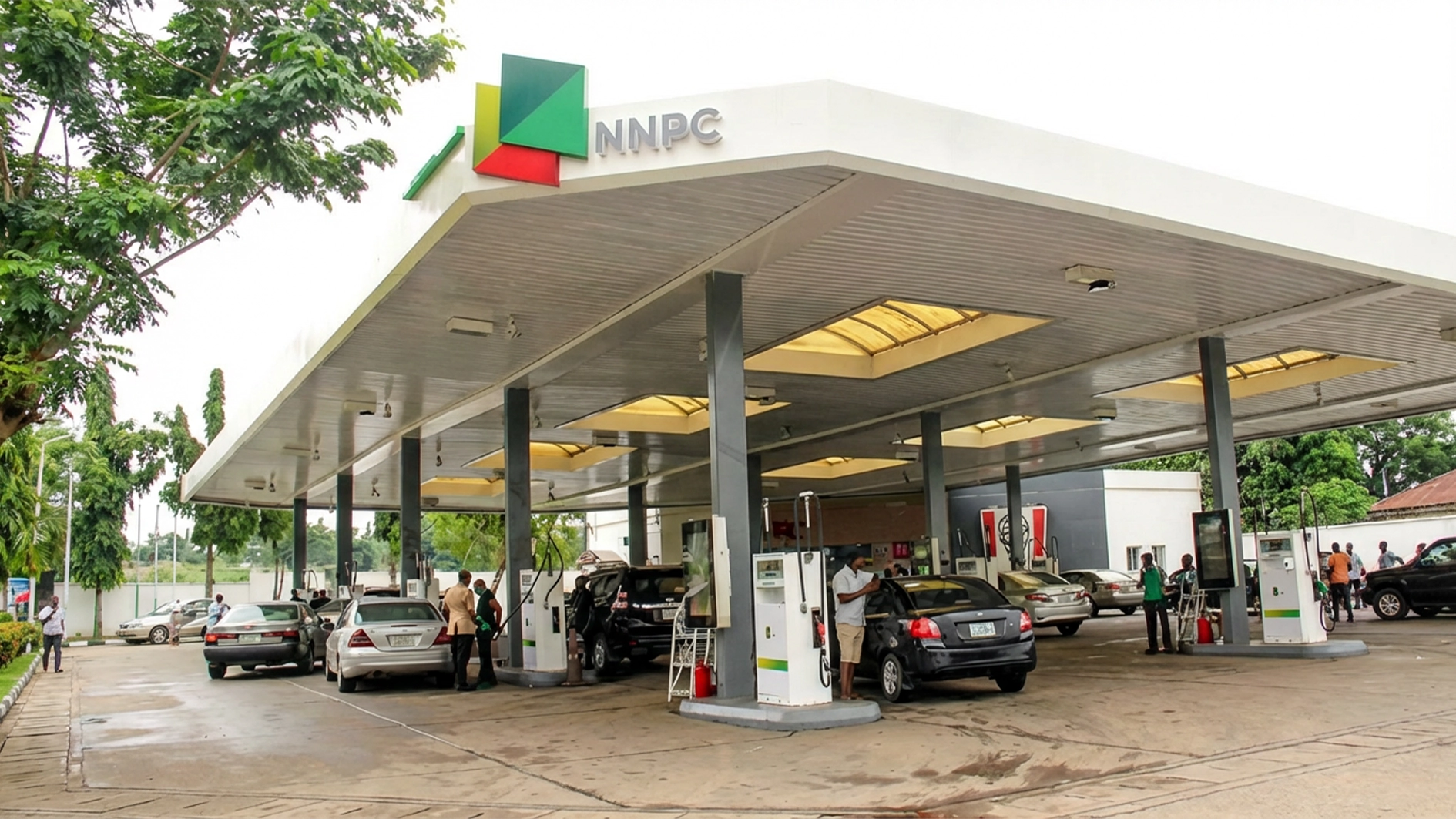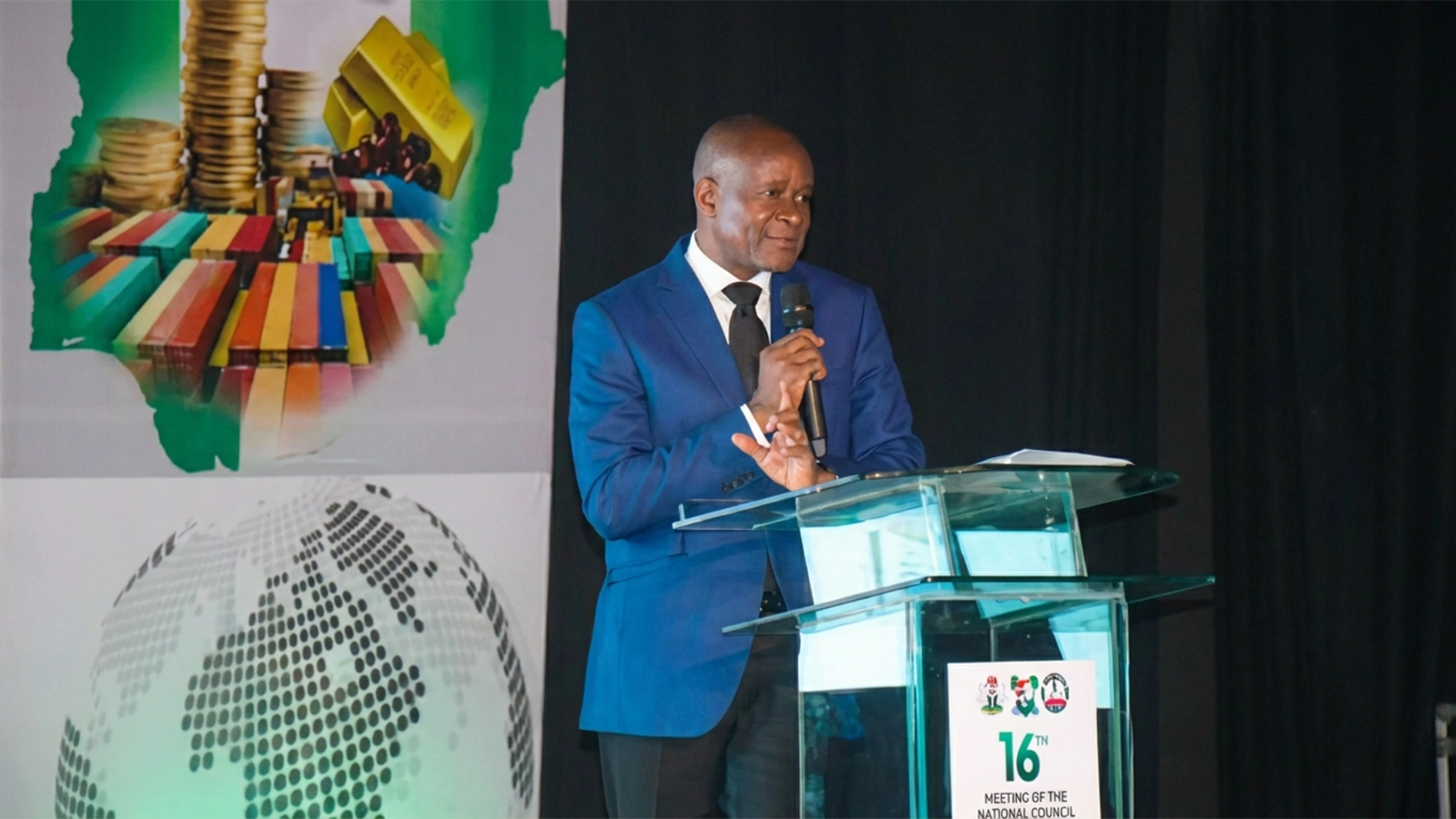Amid spiralling conflicts that put pressure on oil and gas markets, the international community must not lose sight of Africa’s growing energy demands. Last month, energy ministers, investors, and developers convened in Paris for the Invest in African Energy Forum, a sleek, high-profile gathering marketed as a “turning point” for Africa’s energy future. The urgency was real: over 600 million Africans still live without electricity, while millions more rely on fragile grids that routinely fail them.
On the surface, the ambition was bold and green. Renewable energy was a popular agenda item, solar megaprojects in the Sahel, wind corridors along the Horn, and hydropower schemes across the Congo and Nile. Africa, the message went, is brimming with potential: abundant sun, a young population, and a pressing energy deficit.
But beneath the surface, the real action told a different story as the forum leaned heavily on traditional energy. Oil and gas is still as popular as ever.
The investment gap is also real. The International Energy Agency estimates that Africa needs over $200 billion annually in energy investment by 2030 to meet its climate and access goals. Right now, it receives barely a fraction of that. What’s more, the money that does flow in, largely from development banks, is too often tied to fragile public guarantees and hostage to local political cycles.
Yet, there are glimmers of a different approach: energy players who see Africa not merely as a site for charity or ESG window-dressing, but as a viable, long-term commercial and strategic partner. One such firm is BGN International, a Geneva-based commodities trader with a wide geographic footprint, including active oil and gas operations across the continent.
While much of the continent’s energy narrative is stuck on either megaprojects or aid, BGN has leaned into a quieter and more practical component of the African energy experience: getting fuel where it’s needed, when it’s needed, at a price that keeps lights on while ensuring local utilities remain commercially viable.
Earlier this year, BGN launched a joint venture with Al Seer Marine- ASBI Shipping FZCO to acquire mid-sized LPG tankers. That may sound like a niche play, but it addresses a profound constraint: many African ports simply aren’t built to receive massive fuel tankers, meaning domestic supply chains for cleaner fuels like LPG have remained chronically underdeveloped. By investing in infrastructure that’s actually sized to the problem, BGN is offering an example of smart-scale pragmatism in a sector too often seduced by grandiose projects.
It’s a strategy that other firms would do well to emulate. The fetish for “first-in-continent” solar parks or billion-dollar wind corridors has failed to deliver meaningful energy security to African households. These projects routinely face delays of five to ten years, with costs ballooning under the weight of currency shocks, legal disputes, and endless community consultations, many of which are not without merit but speak to the difficulty of transplanting European models of clean energy development onto very different governance and economic landscapes.
Another player navigating this space with grounded pragmatism is Perenco, an LPG-focused company operating across Africa. Known for its deepening footprint and commitment to energy access, the company has been instrumental in expanding infrastructure where few others venture. Yet, like many in the sector, it could significantly scale its impact through upgraded facilities, better storage capacity, and access to agile shipping models that suit Africa’s logistical realities.
Meanwhile, the politics of energy remain uncertain. Governments in Ghana and Kenya have both attempted to renegotiate or abandon power purchase agreements signed under earlier administrations, spooking foreign investors and increasing risk premiums. Even Nigeria, the continent’s largest economy, still struggles to implement cost-reflective tariffs, leaving distribution companies operating at consistent losses while the private sector is unwilling to invest without heavy sovereign guarantees.
The consequence is that public-private partnerships remain stuck in neutral. Private capital won’t enter markets it views as fundamentally un-bankable. African states, already burdened by debt and devaluation, can’t afford to keep underwriting projects that don’t break even.
This is where firms like BGN and others matter, not as saviours, but as stabilizers. Their low-visibility, high-efficiency approach to energy logistics moves the needle in ways that matter: reducing logistics costs, shortening supply chains, and reducing reliance on heavily polluting fuels like charcoal and diesel in peri-urban and rural communities.
To be clear, this isn’t a call to abandon ambition. Africa still needs its own energy and industrial revolution. But that process won’t be built solely on World Bank funding and climate summits. It will require players who understand that trust is earned not through pledges but performance, companies that build for the constraints on the ground, not the applause on the global stage.
That also means African governments must get serious about the basics: enforceable contracts, consistent regulation, and infrastructure planning that extends beyond electoral cycles. Investors have shown they’re willing to take risks but not blind ones.
The energy transition in Africa won’t be fast, and it won’t be cheap. But it can be steady – if the focus shifts from hype to hard work. We also must not let global conflicts distract us from the mission at home. Partnerships rooted in realism, not rhetoric, will be key. BGN’s recent moves suggest that some in the private sector are already operating with this mindset. Others should take note. Africa’s energy story is still being written. The next chapter won’t be won with promises. It will be won with ships in port, fuels delivered, and infrastructure built.






